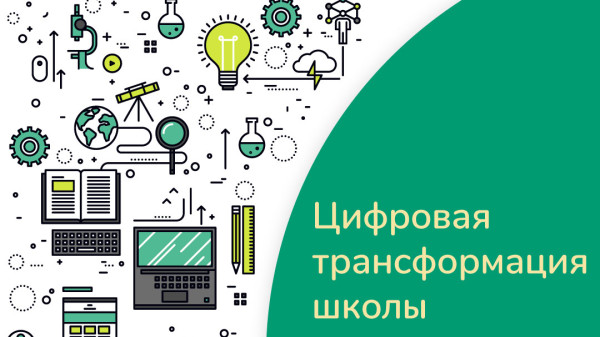
According to digital socialization perspective all the developmental process should be studied taking into account it's digital "dimension" but different studies of the impact of Internet use on cognitive functions reveal different results. The aim of the study was to reveal relationship between neurocognitive development, digital competence and online self-appraisals in adolescents 11-13 years old and 14-17 years old. 54 adolescents 11-13 years old and 46 adolescents 14-17 years old participated in the study. Methods included neuropsychological examination, Information and Comprehension subscales from the Wechsler Intelligence Scale for Children, EU Kids items for user activity and excessive Internet use, Index of Digital Competency and visual scales for assessing general and online self-appraisals. User activity was not related to neuropsychological indexes but adolescents with high user activity demonstrated poorer scores on Information subtest. Excessive Internet use was related to poorer scores on neurodynamic component of mental activity and intelligence subtests (Information subtest in 11-13 years old and Comprehension subtest in 14-17 years old). In 11-13-year-old adolescents, digital competency skills are associated with better regulatory functions, while digital competency knowledge is associated with the intelligence. In adolescents 14-17 years old digital competence is associated with poorer tight hemisphere function.
https://doi.org/10.15405/epsbs.2020.11.02.91

